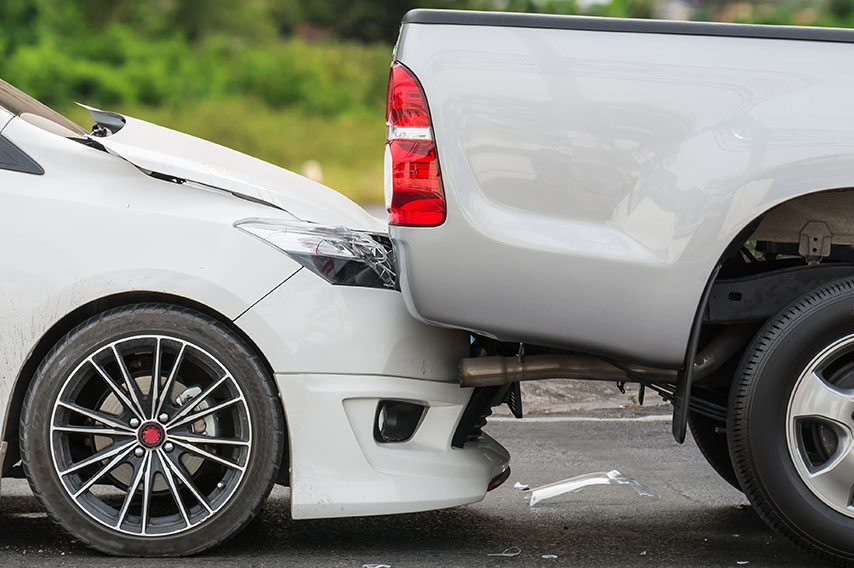By David Long
Uncategorized
accident chiropractor irving tx, accident doctor, accident doctor irving tx, car accident chiropractor, car accident chiropractor irving tx, car accident doctor, car accident doctor irving tx, car accident irving tx, car wreck doctor, car wreck doctor irving tx, car wreck irving tx, chiropractor irving tx, injury doctor irving tx, personal injury chiropractor, personal injury chiropractor irving tx, personal injury doctor, personal injury doctor irving tx, personal injury irving tx
Yes, even low-impact accidents can cause injuries. The severity of injuries doesn’t always correlate directly with the force of the impact. Injuries can occur in low-speed or minor collisions, and sometimes they may not become apparent immediately. This is particularly true for certain types of injuries, such as soft tissue injuries (e.g., whiplash), which may not manifest symptoms until hours or days after the accident.
Here are some factors to consider:
- Whiplash: This is a common injury in low-impact accidents, especially rear-end collisions. Whiplash occurs when the head is suddenly jerked backward and then forward, causing strain on the neck muscles and ligaments.
- Soft Tissue Injuries: Muscles, tendons, and ligaments can be injured even in low-impact accidents. Strains, sprains, and contusions are examples of soft tissue injuries that may occur.
- Concussion: Even in low-impact accidents, the head can be jolted, leading to a concussion. Symptoms may not always be immediately apparent, and they can include headaches, dizziness, and cognitive difficulties.
- Seatbelt Injuries: While seatbelts are essential for safety, they can cause injuries in some cases, particularly if they restrain the body abruptly during a collision. This can result in chest or abdominal injuries.
- Psychological Impact: The emotional and psychological impact of a car accident, regardless of the impact force, can lead to conditions like post-traumatic stress disorder (PTSD) or increased anxiety.
It’s crucial to be aware of potential injuries and seek medical attention after any car accident, regardless of how minor it may seem. Some injuries may not present immediate symptoms, and early intervention can help in managing and treating injuries effectively. If you’re involved in an accident, it’s advisable to:
- Document the Scene: Take pictures of the vehicles involved, the surroundings, and any visible damages.
- Exchange Information: Collect information from the other party involved, including names, contact information, and insurance details.
- Report the Accident: Report the accident to the police, and ensure that an official report is filed.
- Seek Medical Attention: Even if you don’t feel immediate pain, it’s a good idea to get a medical evaluation to rule out any hidden injuries.
Always consult with healthcare professionals and follow their advice regarding treatment and further evaluation. Additionally, if you experience pain or discomfort after an accident, it’s important to inform your healthcare provider promptly.
Call us now for a free consultation! (972) 514-6278

